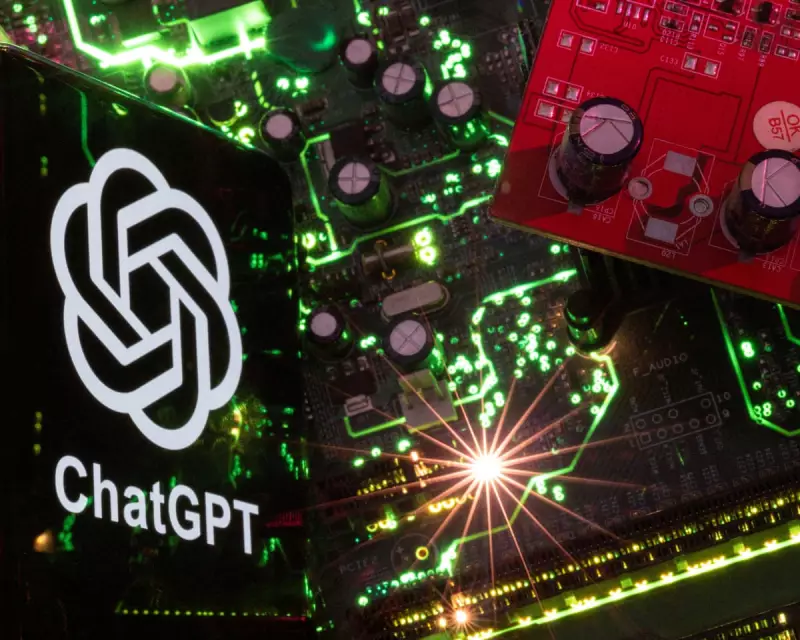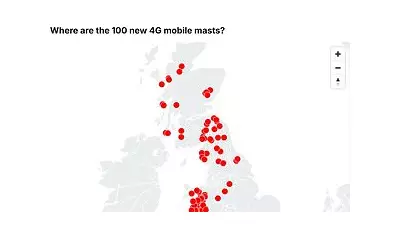
The global race to develop Artificial General Intelligence (AGI) has reached fever pitch, with tech giants and governments investing billions into creating machines that can think, learn, and adapt like humans. Yet, as the competition intensifies, a growing chorus of experts warns that something crucial may be missing from the equation: the human touch.
The Blind Spots in the AGI Gold Rush
While AGI promises revolutionary breakthroughs in medicine, science, and industry, critics argue that the relentless focus on raw computational power risks sidelining ethical considerations and safety protocols. "We're building godlike intelligence without pausing to ask whether we should," says Dr. Eleanor Voss, a leading AI ethicist at Cambridge University.
The Three Critical Gaps
- Ethical Oversight: Current frameworks lag behind technological advancements
- Alignment Problem: No consensus on how to ensure AGI shares human values
- Existential Risks: Potential unintended consequences remain poorly understood
A Call for Balanced Innovation
Industry leaders are now urging a more measured approach that balances innovation with robust governance. "The prize isn't just who gets there first, but who gets it right," notes tech entrepreneur Raj Patel. Meanwhile, policymakers scramble to establish international standards before the technology outpaces regulation.
As the debate continues, one thing becomes clear: the future of AGI may depend less on silicon and algorithms, and more on our ability to infuse artificial minds with human wisdom.





